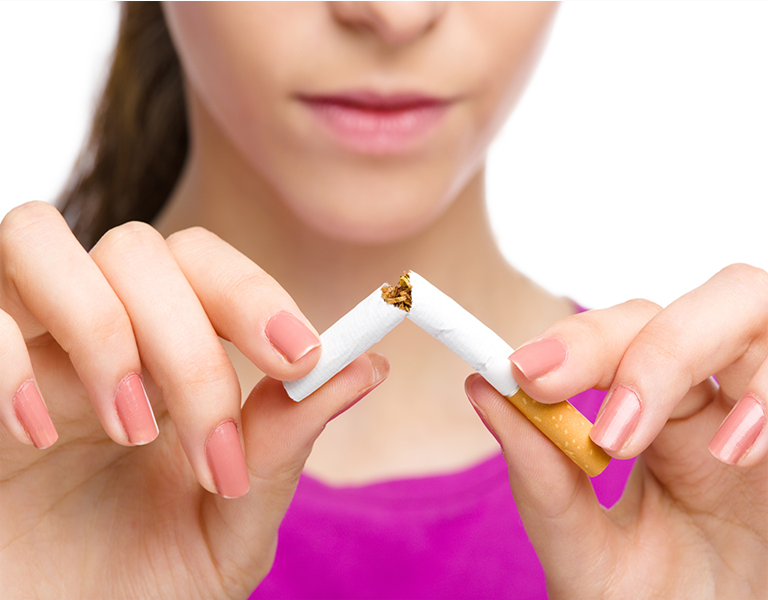
Tobacco smoke is harmful to everyone. It can influence you even if you are not in the presence of someone who is actively smoking. Tobacco's effects are now known to extend far further than its smoke.
Tobacco smoke can be extremely harmful to your health. But did you know it can be significantly more damaging to persons with asthma, particularly vulnerable groups such as children and the elderly?
Asthma is a chronic disease that causes inflammation of the airways, making it difficult to breathe. This inflammation is caused by asthma triggers. Triggers are items that bother asthmatics but may not affect others. Tobacco smoke is one of the most common asthma causes.
When you think of the toxic elements in tobacco, nicotine is usually the first thing that springs to mind. However, tobacco smoke contains a variety of additional hazardous chemicals, including arsenic and cyanide.
Tobacco smoke contains almost 7,000 harmful compounds. Around 70 of these are recognized carcinogens. Given this, it's not surprising that tobacco is one of the most prevalent asthma triggers.
Tobacco smoke ingested by someone who does not smoke is referred to as secondhand smoke. It can produce many of the same issues as smoking. Secondhand smoke has the greatest impact on children.
Children can suffer major health consequences from secondhand smoke.
Thirdhand smoke is not widely known. According to studies, thirdhand smoke can damage asthma and cause other health problems in the same way that smoking and secondhand smoke do.
Thirdhand smoke is tobacco smoke residue. It adheres to surfaces and particles for months after a cigarette is smoked. Then it combines with other contaminants in the air, such as ozone, to form hazardous particles that are easily inhaled. These particles are really small. This means they can enter into your lungs more easily. Some specialists feel they may be worse than nicotine for people who have asthma.
Smoking outside has little effect on the dangers of thirdhand smoke. Airing out rooms or cars is also ineffective. The residue remains on your skin and clothing. People (including children) then inhale or absorb the residue through their skin or mouth. Thirdhand smoke cannot be avoided by opening windows, employing fans or air filters, or restricting smoking to certain rooms or outside.
Cotinine, a molecule contained in tobacco, has been identified in the urine of people who have been exposed to thirdhand smoke. Doctors can assess nicotine in the bloodstream using cotinine. This demonstrates that the effects of tobacco can extend well beyond its smoke.
To protect nonsmokers from the effects of tobacco, a tobacco-free atmosphere must be created.
The only method to minimize tobacco-related asthma incidence is to reduce exposure to it. Here are some things you can do to lessen the effects of tobacco smoke on your asthma symptoms:
Asthma affects around 25 million individuals, and the number is growing. We can assist reduce asthma rates overall if we all work together to create the first tobacco-free generation.
For more information on effects of smoking for Asthma Children and how to get them prevented from Smoking effects you can contact the Asthma and Allergy Specialists in south Delhi
Dr Neetu JainCall for More info : Dr. NEETU JAIN
8287429854

